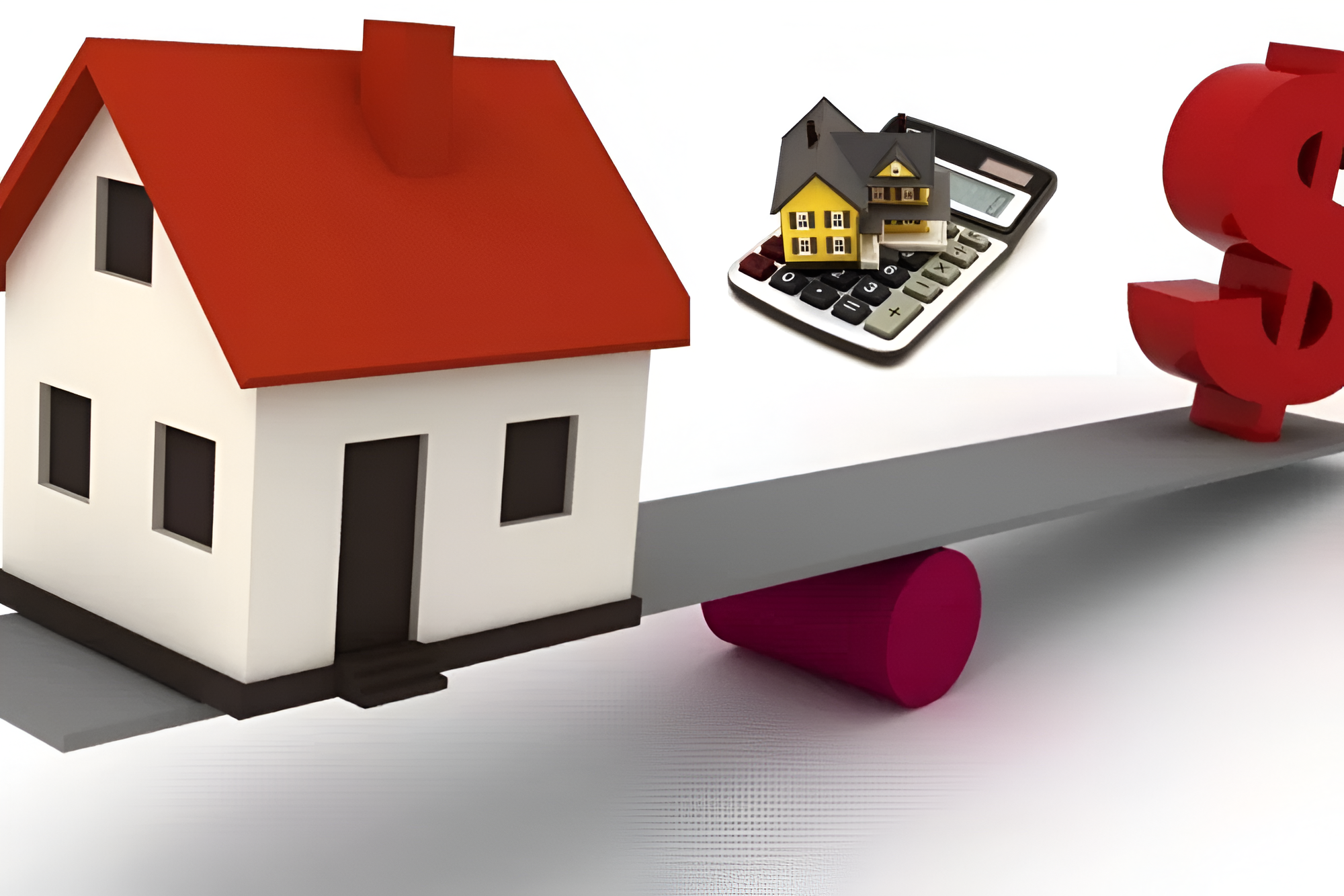
Understanding the key factors that impact your property’s value can help you make informed decisions when buying or selling.
Property valuation is essential for homeowners, investors, and buyers looking to determine a property's worth. Various factors influence a home’s value, from location and market trends to property condition and amenities. Knowing these elements can help you maximize your investment and make well-informed real estate decisions.
1. Location and Neighborhood
The location of a property is one of the most significant factors affecting its value. Homes in desirable neighborhoods with good schools, low crime rates, and easy access to amenities like parks, shopping centers, and public transport tend to be valued higher. Additionally, proximity to job hubs and business districts can increase demand and property prices.
2. Market Conditions
The state of the real estate market plays a crucial role in property valuation. A seller’s market, where demand exceeds supply, leads to higher home prices, while a buyer’s market results in lower property values. Economic factors such as interest rates, inflation, and employment rates also impact housing demand and pricing.
3. Property Size and Usable Space
The overall size of your home and the amount of usable space greatly affect its value. Larger homes with more bedrooms and bathrooms typically have higher valuations. Additionally, functional spaces like finished basements, attics, and extra storage areas add to a home’s worth.
4. Home Condition and Age
A well-maintained home will generally have a higher value than one in need of significant repairs. Modern features, upgraded kitchens and bathrooms, and energy-efficient installations can boost a property’s market price. Conversely, outdated systems, structural issues, and deferred maintenance can reduce its worth.
5. Renovations and Upgrades
Investing in home improvements can increase a property’s value. Kitchen and bathroom upgrades, new flooring, and smart home features tend to yield a high return on investment. However, over-customization or poor-quality renovations may not necessarily translate into higher property valuations.
6. Curb Appeal and Landscaping
First impressions matter in real estate. A well-maintained exterior, fresh paint, and attractive landscaping enhance curb appeal and contribute to a higher home value. Buyers are more likely to pay a premium for homes that look visually appealing from the outside.
7. Comparable Sales in the Area
Real estate appraisers and buyers often look at comparable sales (comps) to determine a home’s value. Recent sales of similar properties in the same neighborhood provide a benchmark for pricing. If nearby homes are selling at high prices, your property value may also increase.
8. Future Development and Infrastructure
Upcoming infrastructure projects such as highways, shopping malls, and commercial spaces can drive property values up. Neighborhoods with plans for development often see appreciation in home prices as demand grows due to improved accessibility and amenities.
Final Thoughts
Property valuation is influenced by multiple factors, from location and market trends to property condition and future developments. Whether you're buying, selling, or investing, understanding these elements can help you make smarter real estate decisions. Keeping your home well-maintained and staying updated on market trends can ensure you get the best value for your property.